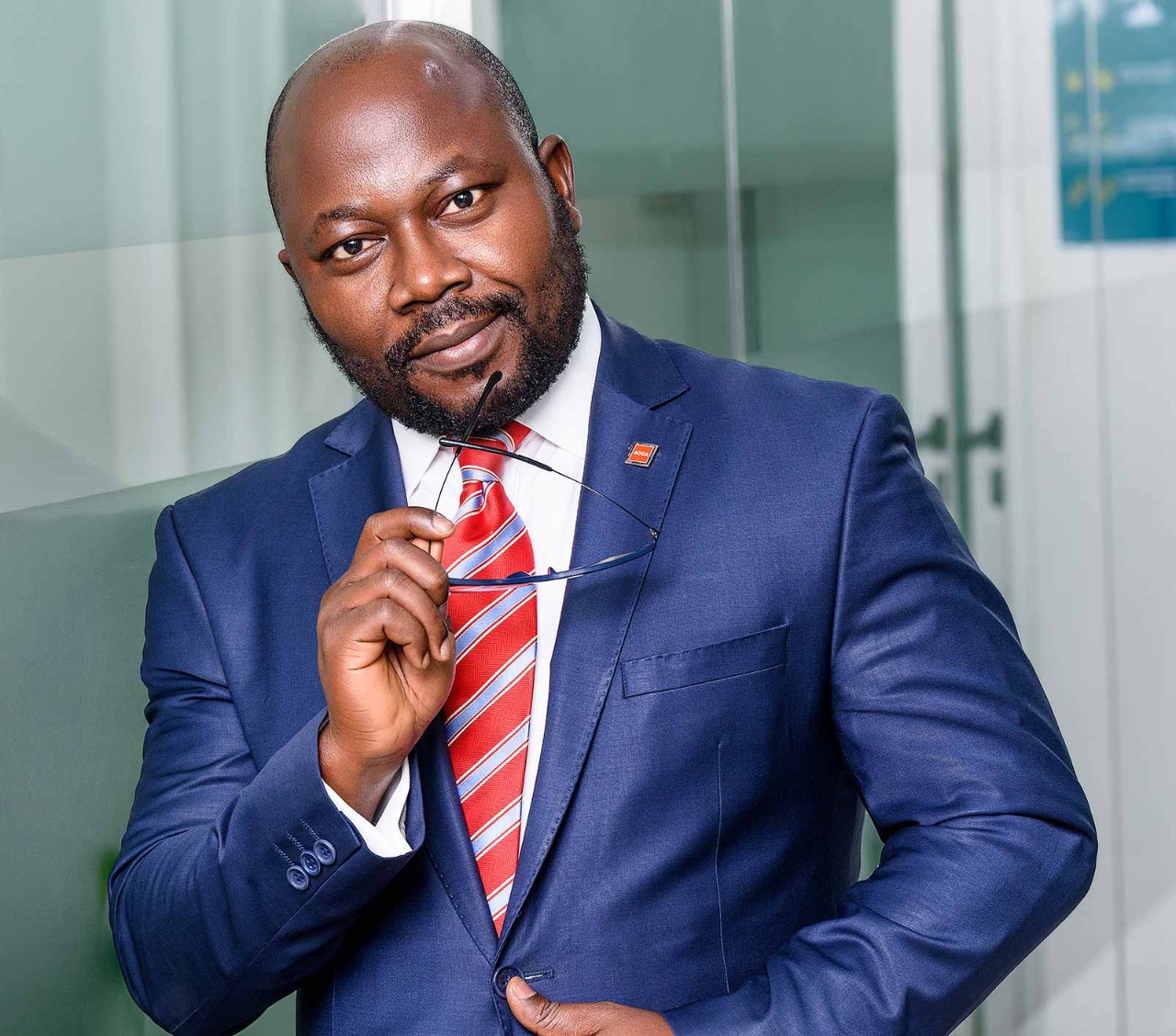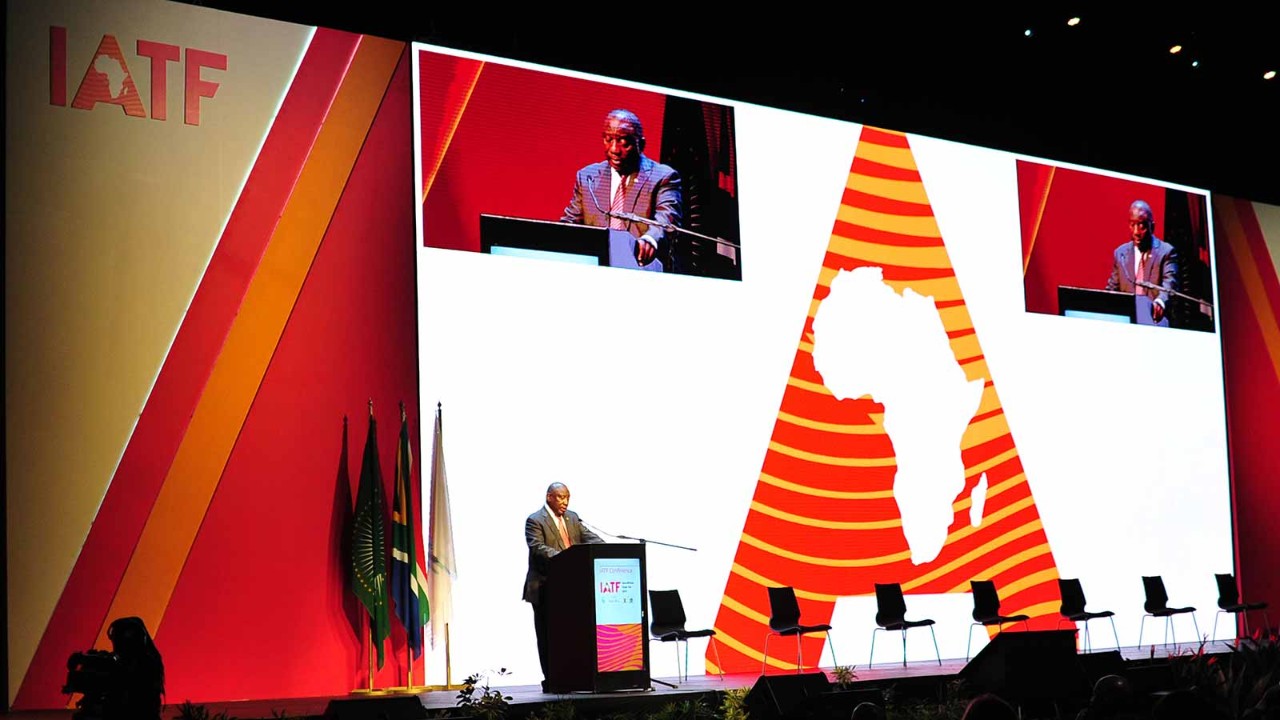
Back in March 2021, ACCA began the roll-out of its Africa advocacy programme with the launch of a scheme in Nigeria, followed by similar initiatives in Zambia and Ghana.
The aim of the programme is to bring together expertise from a number of fields – human resources, education, technology, governance, SMEs and finance – that can inform and contribute to debates of significant public interest, and advise on national public policy.
In time, this programme will serve to reinforce ACCA’s aim to act as a ‘force for public good’. The programme in each of these countries establishes a thinktank that can provide a holistic and integrated viewpoint on some of the continent’s most pressing challenges.
Taiwo Oyedele FCCA, PwC’s Africa tax leader, is spearheading the programme in Nigeria. ‘There was a lot of excitement and energy around the team when we launched in Nigeria,’ he says. ‘It is important to recognise that many of the members of the programme’s committee are not even ACCA members. They are high-profile people who have given up time to develop our various workstreams.’
Areas of focus
These workstreams have now been developed to focus on particular aspects of public policy:
- business and finance, chaired by Babjide Ibironke FCCA, CFO of Viathan Group
- capacity development and talent, chaired by Franca Ovadje, founder of Danne Institute for Research
- education and technology, chaired by Terae Onyeje, co-founder of Wowbii Interactive
- corporate governance and sustainability, chaired by Ndidi Nnoli-Edozien, chair and partner of AfriKairos
- micro, small and medium-sized enterprises (MSMEs) and small and medium practices (SMPs), chaired by Tara Fela-Durotoye, founder and CEO of House of Tara International.
Oyedele says that the steering committee has developed a template to drive their thinking forward around a central theme of MSMEs and youth development in Nigeria.
‘Effectively, we have a theme that pulls together youth empowerment and SME development,’ he says. ‘We are now developing the concepts and a workplan, which will lead to a period of research. We are very excited about the progress we have made so far.’
Zeroing in
The business and finance workstream will investigate the finance-related factors that contribute to MSME business failure. Insights will then be focused on supporting the sustainability of MSMEs to improve success rates.
Capacity development and talent will look at how the lack of work-ready skills contributes to the high youth unemployment rate, with the aim of identifying skills gaps and improving managerial skills.
Corporate governance and sustainability will seek to identify the best frameworks for MSMEs, drawing on best practices from around the world. It will also look at emerging opportunities created by initiatives such as the Africa Continental Free Trade Area agreement.
Education and technology challenges include how to design an effective digital literacy framework and identify policy interventions to improve access, affordability and inclusion.
Finally, the MSME/SMP workstream will identify and focus on other important aspects of the project that are either not addressed by other subcommittees or will complement those areas already identified by other groups. It will, for instance, look at transparency and accountability for MSME funds – accountability and impact measurement frameworks and toolkits that ensure effective monitoring and evaluation and other initiatives with clear impact and measurable targets.
Each workstream will also identify and communicate with key target stakeholders, such as government ministries and departments, business groups, and academic, vocational and professional bodies.
Next steps
2022 is set to be a busy year for the five groups as they enter the evidence-gathering phase. They will then look to present their findings and recommendations to key stakeholders, ultimately advocating these as policies for the public authorities.
Oyedele says that the template developed in Nigeria has now been shared with the parallel schemes in Zambia and Ghana. ‘At some point in the future we would like to bring everyone together so that we have one advocacy programme for Africa,’ he explains, adding that subcommittees could deliberate on regional or sector issues within this programme.
‘This speaks to societal purpose, especially at a time when policymakers are struggling,’ he says. ‘But we need to ask ourselves how we can make this sustainable, as we don’t want to create something that requires a lot of resources.’
‘This speaks to societal purpose, especially at a time when policymakers are struggling’
For this reason, the research programme will be looking at what already exists as well as gaps that need to be filled. Oyedele gives the example of the FATE Foundation, a business incubator and accelerator programme designed to enable aspiring and emerging Nigerian entrepreneurs to start, grow and scale their businesses. FATE recently published its inaugural State of Entrepreneurship in Nigeria 2021 report, which looks at demographic trends and indicators of entrepreneurship, and presents new data that shows where entrepreneurship in Nigeria stands now and where it is headed in the medium to long term.
There is no doubting the ambition of the Africa advocacy programme. Oyedele not only talks about how it might be replicated around the world, but also about the lessons that might be learnt from elsewhere and applied to Africa. It is, he says, all about ‘taking the dream and running with it’.

